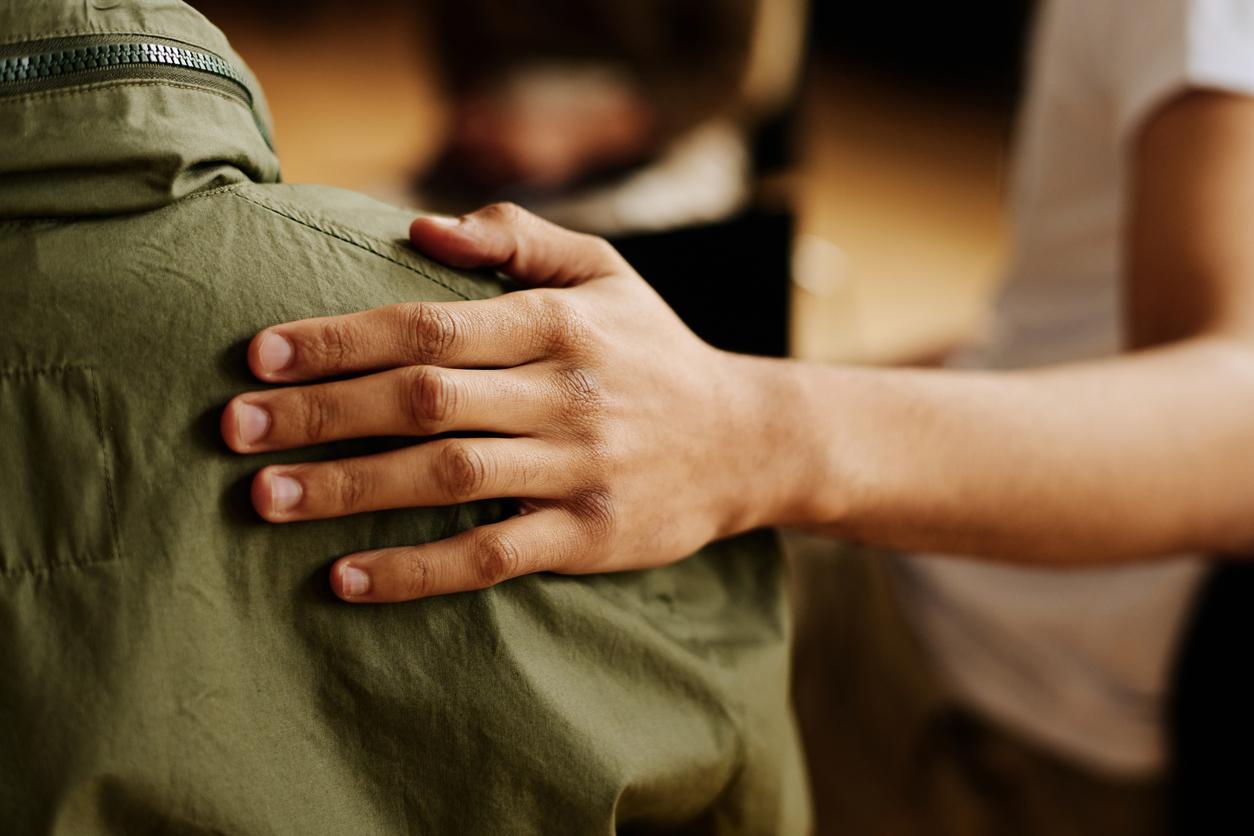Whether it’s an eye roll when you have to leave work early or not accepting that your crippling headaches are stopping you from social activities — negative and often unfair attitudes (stigma) towards people with migraine can significantly impact those who live with the condition.
Here are some of the most common misconceptions about migraine that can contribute to this stigma.
Not just a headache
Migraine is a neurological condition that can result in debilitating attacks involving severe head pain, sensitivity to light and sound, nausea, vision problems and brain fog.
In comparison to a common headache that might knock you about for a couple of hours, migraine attacks can last anywhere between hours and days with symptoms that occur over three or four stages.
These are a ‘premonitory phase’ in the lead-up (characterised by symptoms such as yawning, tiredness, thirst, needing to urinate often and difficulty concentrating), an ‘aura phase’ (involving symptoms like vision problems, language problems and strange smells) in some people, a moderate-to-severe throbbing headache (usually experienced on one side of the head and accompanied by nausea, and sensitivity to light, sound, touch and smells) and a ‘postdromal’ phase (also known as ‘migraine hangover’ involving tiredness, difficulty concentrating and sensitivity to noise).
Migraine isn’t just painful, it’s disabling. Its impacts are far-reaching, affecting your social life, career, education and relationships.
Coping with migraine can affect your physical and mental health – people with the condition are more likely than normal to experience depression, anxiety, post-traumatic stress disorder and other mental health problems.
“It’s not surprising when you have a condition that’s poorly managed, that very few people talk about, with the stigma and the isolation that goes along with it,”
– Carl Cincinnato, Director of Operations at Migraine & Headache Australia.
The lack of awareness around migraine and how it differs from a ‘bad headache’ contribute to this stigma.
“For example, at the workplace, telling your manager that you need to go home and recover from a migraine attack when they think migraine is just a headache could jeopardise your relationship with your manager, it could jeopardise your career, it could jeopardise the promotion that you might be up for,”
– Carl Cincinnato, Director of Operations at Migraine & Headache Australia.
The World Health Organization acknowledges that migraine is underestimated, under-recognised and under-treated throughout the world.
“A lot of the burden and the cost to society, and to employers, and even to the economy can be prevented if migraine management, diagnosis and treatment levels were comparable to other diseases that are well managed in Australia,”
– Carl Cincinnato, Director of Operations at Migraine & Headache Australia.
Not just a women’s disease
Migraine affects three times as many women as it does men, which has contributed to the perception of migraine as a ‘women’s condition’.
Not only does this impact how seriously migraine is taken by the general public, policymakers and some health professionals, but it has specific consequences for men too.
Men with migraine are less likely to be diagnosed than women, and that’s if men seek help in the first place.
“We often have this sort of soldier-on culture where you just suck it up and you push through it,”
Control, self-sufficiency and toughness are some of society’s traditional expectations of how a man should think, feel and act, and when combined with migraine stigma, it can be challenging for men to recognise the condition, get diagnosed and manage it effectively.– Carl Cincinnato, Director of Operations at Migraine & Headache Australia.
Mac, 29, started experiencing debilitating migraine attacks when he was 18. After finding the right treatment, they’re mostly managed but he still gets them every few months and migraine stigma is something that strongly resonates with him.
“I was always someone who didn’t want to go to the doctor because I’d feel embarrassed,”
“What changed for me was finding a male doctor who was really open and non-judgemental.”– Carl Cincinnato, Director of Operations at Migraine & Headache Australia.
He finds that people sometimes perceive migraine ‘as a bit of an excuse’.
“Because they haven’t experienced the effects that they can have on a person,”
“I can’t work, can’t really leave the house or do any of my usual activities. In terms of how I feel, it’s horrible because there’s not always a fast resolution to them. Sometimes they can last for days and they wreak havoc on my mental state.”– Mac
There are a variety of factors that are involved in what leads to migraine in some people and not in others.
“Another myth that’s common is that migraine is your fault, and that’s absolutely not the case,”
“You can have someone who’s doing all the things that we know are good for the brain, and health, and longevity like managing sleep, having a good diet, regular exercise, hydration, and all those good things, and yet they can still have migraine.”– Carl Cincinnato, Director of Operations at Migraine & Headache Australia.
Mac’s message to other men experiencing symptoms of migraine is not to be afraid to chat with your doctor.
“It can be daunting but the treatment is so much better than a few minutes or feeling uncomfortable or embarrassed,”
“They affect so many more men than we realise.”– Mac












